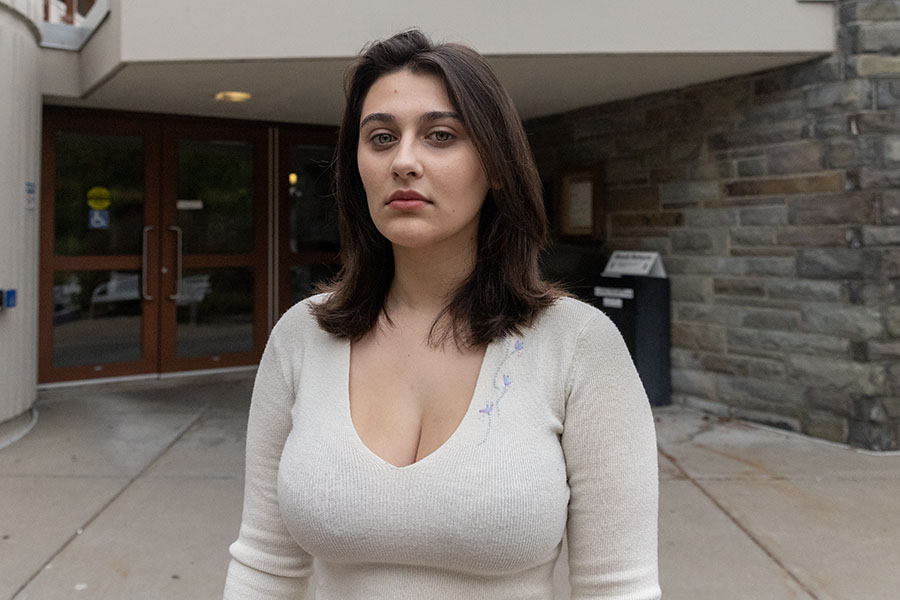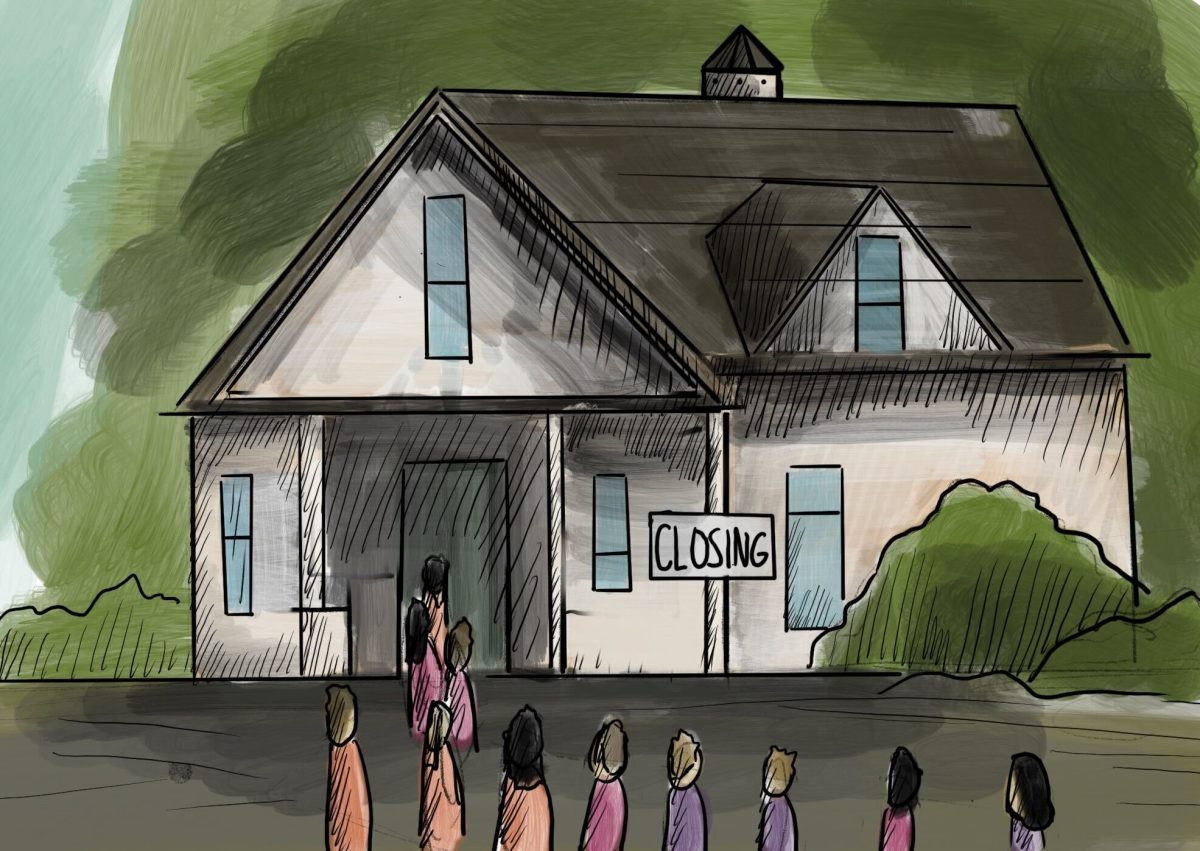Editor’s Note: This is a guest commentary. The opinions do not necessarily reflect the views of the editorial board.
As the National Collegiate Athletic Association (NCAA) Board of Governors convenes its quarterly meeting, there is a question in the air as to whether the NCAA will follow a path paved recently by the National Association of Intercollegiate Athletics (NAIA), when they adopted a policy to prevent transgender women from participating on teams that align with their gender identities.
In response to the NAIA’s action, Shiwali Patel, Director of Justice for Student Survivors and Senior Counsel at the National Women’s Law Center, expressed outrage over the NAIA’s new transgender athlete policy. Patel stated, “This is unacceptable and blatant discrimination that not only harms trans, nonbinary and intersex individuals, but limits the potential of all athletes. It’s important to recognize that these discriminatory policies don’t enhance fairness in competition. Instead, they send a message of exclusion and reinforce dangerous stereotypes that harm all women.”
To Patel’s point that these trans women athlete bans are discriminatory, a ruling issued last week in the U.S. Court of Appeals for the Fourth Circuit in B.P.J. v. West Virginia Board of Education determined that a 13-year old transgender girl should be allowed to compete on the girls track and cross country teams under Title IX of the Education Amendments of 1972. Furthermore, with the release of the much anticipated U.S. Department of Education’s 2024 Title IX Final Rule regarding sex-based harassment, “The rule prohibits discrimination and harassment based on sexual orientation, gender identity, and sex characteristics in federally funded education programs.”
In letters to the NCAA Board of Governors this week endorsed by more than 300 researchers and scholars, 400 athletes and 50 organizations, LGBTQ+ advocacy group Athlete Ally noted, “A policy shift that targets a specific marginalized group is in direct violation of the mission and organizational priorities of the NCAA.”
According to the NCAA Inclusion Statement, “The NCAA will provide or enable programming and education, which sustains foundations of a diverse and inclusive culture across dimensions of diversity including, but not limited to … sex … gender identity … gender expression [and] sexual orientation.”
The NCAA’s Inclusion Statement aligns with the nondiscrimination policies and statements espoused by the vast majority of NCAA member institutions based on our review of them. Nearly all include provisions barring discrimination on the basis of sex/gender, with gender identity and sexual orientation appearing in 80% and 87% of those policies, respectively. If the NCAA’s Board of Governors was to move forward with a categorical ban on transgender women athletes, the potential policy and legal impact on the Association’s members extend well beyond athletics.
There is concern that the NCAA Board of Governors may acquiesce to pressure, given the NAIA’s stance and a recent lawsuit filed against the NCAA and the University System of Georgia by former University of Kentucky swimmer Riley Gaines and 15 current and former women college athletes. The plaintiffs in Gaines et al. v. NCAA et al. seek compensatory and punitive damages for what they allege were failures on the part of the NCAA to protect their right to privacy and their opportunities to compete under Title IX and the Equal Protection Clause of the 14th Amendment. The plaintiffs blame the NCAA for allowing Lia Thomas, a transgender woman swimmer from the University of Pennsylvania, to compete in the NCAA Division I Women’s Swimming and Diving Championships in 2022 under rules that had been in place since 2011.
It is difficult to predict if the NCAA will stand firm. In its statement issued a few hours after the NAIA’s decision was made public, the NCAA pledged to “Continue to promote Title IX [and] make unprecedented investments in women’s sports.”
It has been a scant three years since women’s basketball player Sedona Prince created a viral moment showing the second-class treatment — no weight room; mediocre food; less effective COVID-19 tests — athletes received during the 2021 NCAA’s Division I Women’s Basketball Tournament. Some things have changed since then and the NCAA has a new leader in former Massachusetts governor Charlie Baker. This would be the time to demonstrate that a stated commitment to Title IX’s mandate to protect all athletes from gender discrimination is more than rhetoric.
There is something deeply troubling about the outsized efforts to constrain and control the lives of the precious few transgender women athletes on college campuses. Approximately .00008% of all NCAA athletes (40 out of 500,000) are transgender athletes (men and women). Putting this into perspective and context, the NCAA’s membership is made up of 1,088 schools from every state in the Union, the District of Columbia, Puerto Rico and Canada. In the academic year 2022-2023, NCAA schools sponsored 10,932 teams. Given the estimated number of transgender athletes, there is a .18% chance of a transgender athlete competing on a team that might, at some point in time, compete for an NCAA championship.
This issue tests the mettle of those who argue that sport is a place that brings out the best in us as human beings. No NCAA championship title, no NCAA trophy, no place on an NCAA podium is worth putting a target on the most vulnerable and contributing to a mobilization of violence and hate against an entire group. College and university presidents should be vigilant in watching what the NCAA’s Board of Governors does in the name of their institutions on this issue.
Dr. Ellen Staurowsky is professor in the Sports Media department. Contact her at [email protected].













